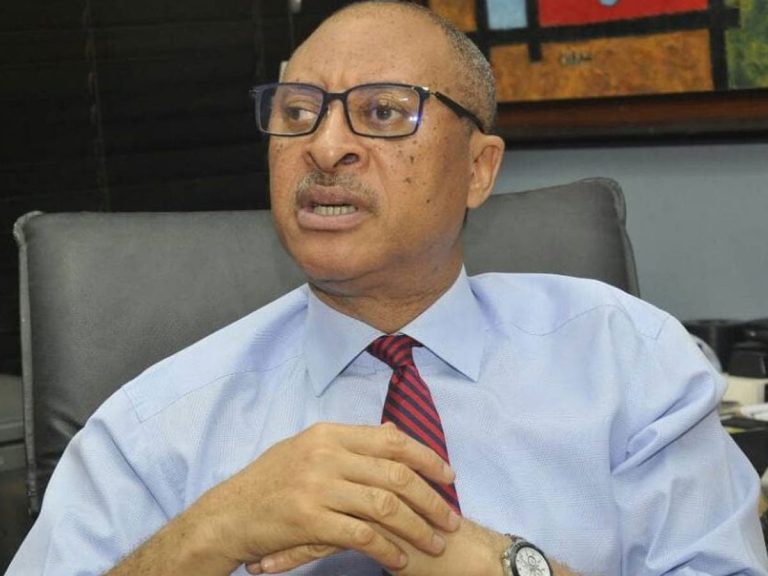A renowned political economist, Prof. Pat Utomi, has asked the federal government and organized labour to take advantage of the new minimum wage negotiation window to move Nigeria down the path of thrift and production.
Utomi, Founder of the Centre for Values in Leadership, CVL and 2007 Presidential Candidate of the African Democratic Congress, ADC, gave the advice in an interview with NAN on Friday in Lagos.
He was reacting to the impasse between organised labour and the government over the new minimum wage for workers which led to the strike declared by labour unions on Monday.
Utomi said: “Labour must insist on a dramatic slash in the cost of government and investment of the savings made in production programmes and infrastructure.
“This is to facilitate and sustain the value chain of the output based on our latent comparative advantage from strong factor endowments.
“On its part, the government should establish what it is paying for. Is it paying as welfare for people who just show up?
“Output targets need to be established and hard consequences for abuse of positions like corruption and begging on the job from customers.”
He said a benchmark for civil society monitoring of both parties also needs to be established with clearly outlined consequences.
According to him, the government needs to also devise bold initiatives to drive the transition to production, as Operation Feed the Nation, OFN, attempted to do in the mid-1970s.
He said that future adjustments to minimum wage weighed heavily on productivity improvements.
“Once a proper framework is established now the template to plug in productivity gains should be activated.
“It should not be a matter of sentiment or mood of the leaders on both sides,” he added.
NAN recalls that the organised labour’s declaration of a nationwide indefinite strike on Monday over the new minimum wage affects all sectors of the economy.
However, after the federal government committed to raising its proposed minimum wage of N60,000 at a meeting with labour leaders, organised labour on Tuesday announced the suspension of the industrial action for a week for further negotiation.
The government and the organised private sector had initially proposed N48,000, then N54,000 and N57,000, which were all rejected by labour.
Organised labour had also proposed N615,000 as the new minimum wage but later reduced it to N497,000 and then to N494,000 to reflect the prevailing economic realities.
